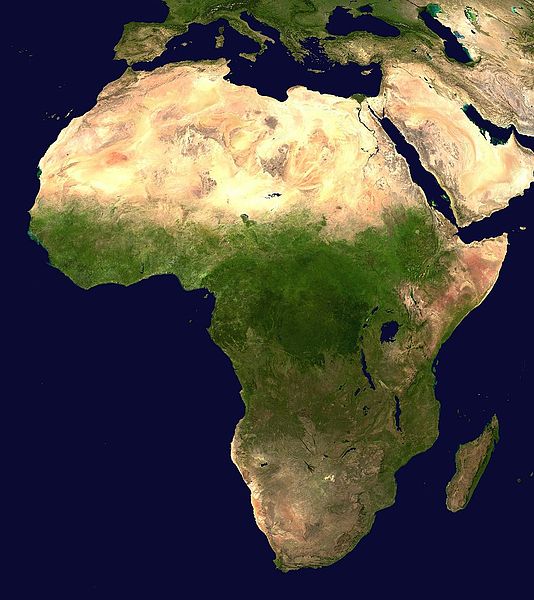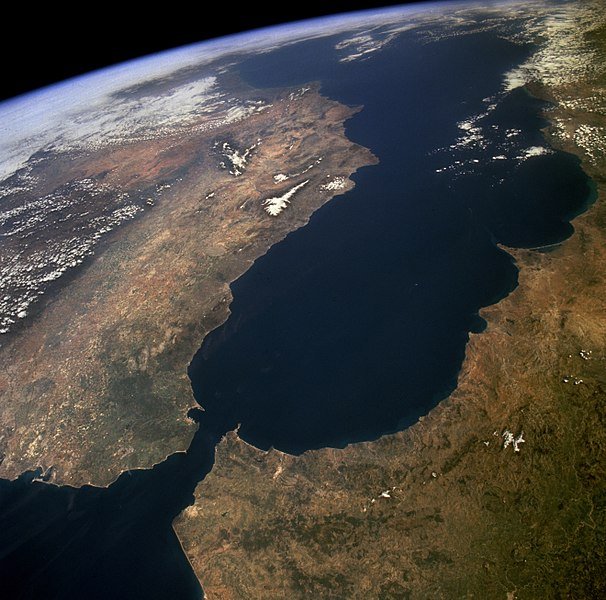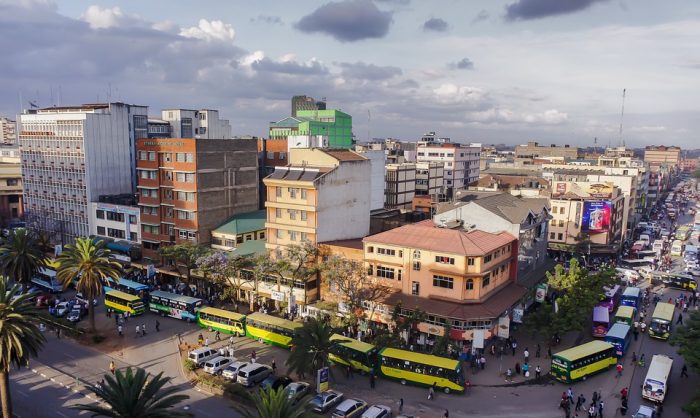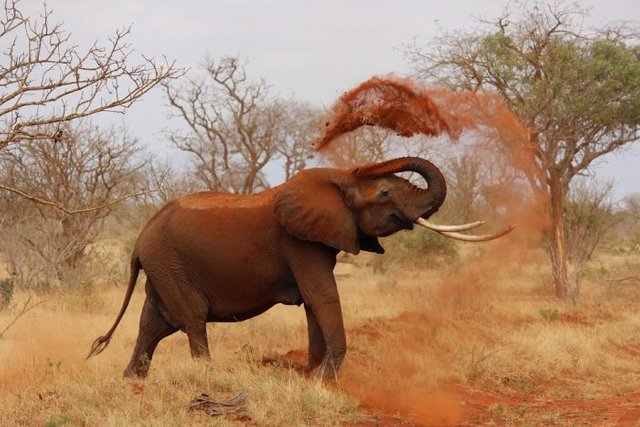
Image source
Is it accurate to say that you were mindful that Africa is home to 54 unique nations? Did you know more than 2,000 distinct dialects are talked on the landmass? There are numerous intriguing and instructive realities about the landmass of Africa, running from the geology of the mainland to the ways of life of its occupants.
This article will inspect no less than 25 astonishing and fascinating realities about the mainland.
FACTS ABOUT AFRICA'S GEOGRAPHY

Image source
of year, and it's felt that Africa veered from Europe and Asia around 65 million years back amid the Cretaceous time.
Africa is the world's second biggest landmass regarding land territory. It has a territory of around 11.7 million square miles or 30.37 million square kilometers. This implies Africa contains about a fifth of the world's aggregate landmass. Its size on most maps is changed to motivate it to fit into a guide of the world, as a general rule, it's greater than the Unified States, China, India, Western Europe and Mexico joined.
Africa is found right in the focal point of the globe, as indicated by lines of scope and longitude. The equator (0 degrees scope) and the prime meridian (0 degrees longitude) both cut over the landmass.
The most brief separation between the African landmass and the European mainland is an inadequate 8.9 miles or 14 kilometers. It's at the Strait of Gibraltar, in the middle of the nations of Spain and Morocco. There's been a discourse about building a going between the two nations by their separate governments.
Africa has numerous islands off its coasts, facilitating a wide assortment of life. The biggest of these islands is Madagascar, which sits close to the Indian Sea. Madagascar additionally happens to be the fourth biggest island on the planet.
The most astounding point in Africa is Mt. Kilimanjaro, situated in the nation of Tanzania. Kilimanjaro is a long lethargic well of lava that ascents around 19,340 feet or 5895 meters above ocean level.
Africa's most minimal point is Lake Assal, which can be found in the Djibouti area. It's a cavity lake that sits around 508 feet or 155 meters beneath ocean level. The level of salt in the Lake is around ten times higher than that of the close-by Red Ocean.
Africa is home to both the second biggest freshwater lake on the planet and longest freshwater lake on the planet. Lake Victoria, which sits of the fringes of Kenya and Tanzania, is the second biggest freshwater lake on the globe. Lake Victoria is one of the principle wellsprings of water for the Nile stream. Lake Tanganyika is really the longest lake in the whole world, and without anyone else's input it shapes the outskirt between the Equitable Republic of the Congo and Tanzania. It has a surface territory of 32,900 km2 or 12,700 square.
FACTS ABOUT AFRICA'S PEOPLE

image sourceA busy street in a part of Nairobi, the capital of Kenya
World progress left Africa, starting some place in South to East Africa, and growing from that point into Egypt and the Rich Bow. Australopithecus, a types of chimp thought to be a forerunner to the family Homo, and along these lines to Homo Sapiens, was found in a lime quarry in South Africa.
Around 1.215 billion individuals live on the African landmass, making up around 15% of the total populace. A huge measure of dialects are talked by these individuals, with official assessments going from between 1500 to upwards of 2000. Arabic is the most generally talked dialect on the landmass, talked by around 170 million individuals. Other regular dialects incorporate English, which is talked by 130 million individuals, Swahili (talked by roughly 100 million individuals), and French (talked by around 115 million individuals).
Africa's essential religion is Islam. After Islam, Christianity is the second biggest religion on the landmass.
Central Guinea is the wealthiest nation in Sub-Saharan Africa. Its wage is around 80 times higher than that of neighboring nations, for example, Zimbabwe.
Regarding vitality utilization, South Africa expends the most power per individual a year. The normal per capita utilization of power in South Africa is around 4224.80 KWh, starting at 2014.
There are 54 nations in Africa, as per the UN. This number varies a bit relying upon who you ask, and if certain non-self overseeing domains can be perceived as countries. A large portion of these fringes for these nations were drawn amid the "scramble for Africa" a time of imperialism which saw nearly of all of Africa colonized by remote forces aside from what is currently Liberia and Ethiopia.
Despite the fact that exchange accomplices change between nations, as a rule, China is Africa's greatest exchange accomplice. Exchange with China represents about $200 billion dollars per year for the whole landmass.
Over half, 55% of Africa's work compel, is in the sustenance generation part. There are substantial regions of land all through the landmass devoted exclusively to horticulture. Tragically, somewhere in the range of 90% of the dirt in Africa isn't usable for horticulture, prompting deforestation in endeavors to clear land for cultivating.
Numerous parts of Africa experience the ill effects of water shortage and sustenance shortage issues. Around 300 million Africans must manage water shortage and around 240 million experience the ill effects of undernourishment.
FACTS ABOUT AFRICA'S ANIMAL AND ECOSYSTEM

Image source
Africa is home to a wide number of various biomes and biological systems. There are 8 diverse significant biomes in Africa: Mediterranean, semi-abandon, leave, mild prairie, montane, tropical rainforest, dry savanna and wet savanna.
The mainland is home to megafauna not discovered anyplace else on the planet, for example, hippos, gorillas, zebras, giraffes, and wildebeest.
The African elephant is the biggest living area creature on the planet. The African elephant can weigh up to 7 tons and be 11 feet (3.4 meters) tall. The extensive ears of African elephants empower them to hear each other's calls up to 4 kilometers or 2.5 miles away.
Africa has more than 3,000 ensured destinations in it, with just about 200 secured marine territories and 50 distinctive biosphere saves. Tragically, huge numbers of the ensured locales are being infringed upon at any rate by advancement.
There are around 1,100 distinct types of warm blooded creatures on the African mainland and around 2600 diverse feathered creature species living on the landmass. Fowls like parrots, ostriches, starlings, cranes, hawks, and even penguins can here and there be found on the landmass
The Nile crocodile can become very long, being a normal of five meters or 16.4 feet long. Nile crocodiles can be very forceful and are known to murder several individuals consistently. They are in reality less risky than the hippopotamus, which slaughters more individuals by and large. Male hippos are known for being to a great degree regional and will assault most things that go into their region.
The Thomson's Gazelle is one of the speediest creatures on the planet, fit for achieving speeds up to around 55 miles for each hour, or 88.5 kilometers 60 minutes. The gazelles participate in a conduct called stotting, which is hopping into the air in a show of quality and gymnastics. One hypothesis for this conduct is that it shows their great wellbeing and nimbleness potential predators, attempting to persuade predators that they would be hard to get.
While Africa is home to a wide assortment of life today, it was additionally home to dinosaurs a huge number of years back. The most seasoned known dinosaur fossils were uncovered in Tanzania, speaking to a dinosaur called Nyasasaurus parringtoni, which was accepted to have lived on the mainland around 240 million years prior.
@wafrica see this
Published by Okoye Obinna ©2018